SUMMARY
This is AI generated summarization, which may have errors. For context, always refer to the full article.
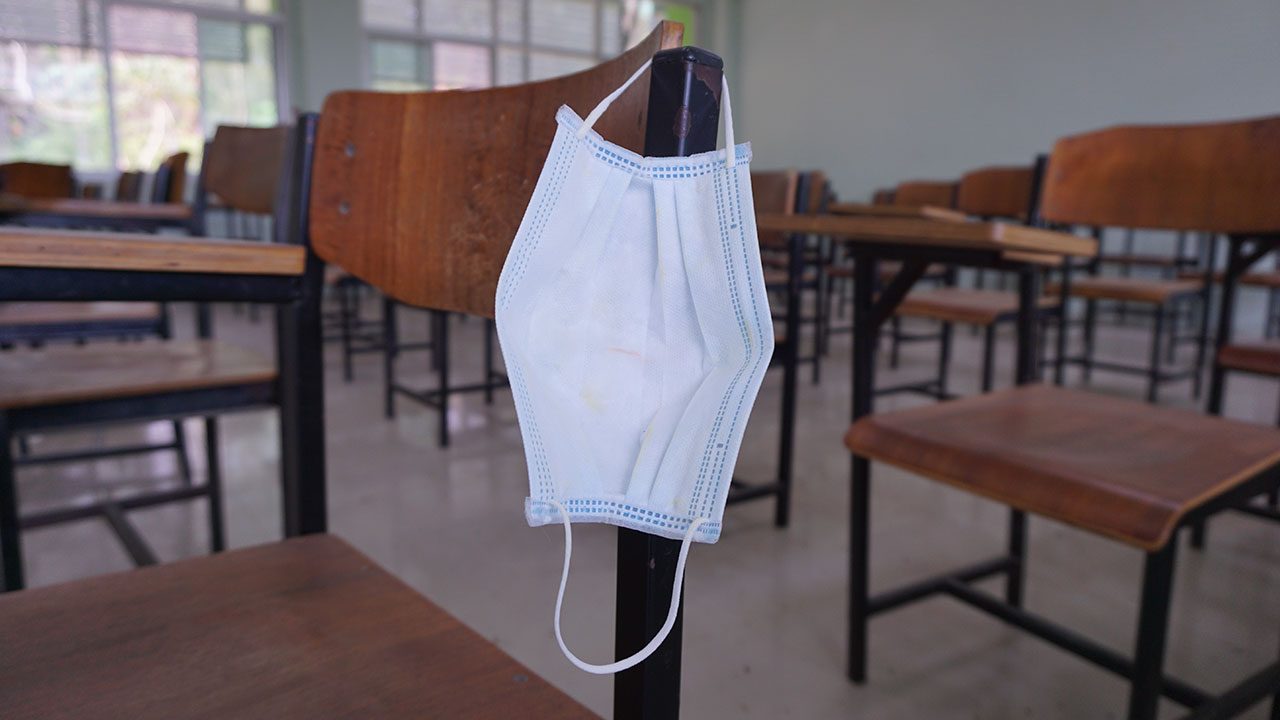
After more than a year of battling the coronavirus pandemic, the Philippines will reopen up to 120 schools for limited face-to-face classes in a pilot run approved by President Rodrigo Duterte.
Prior to this, the Philippines was one of the last two countries in the world that had yet to reopen schools since the World Health Organization declared the pandemic in March 2020.
The Philippine government has been criticized for its pandemic response, with critics saying that the school closure in the country reflects misplaced priorities and failed management of the health crisis. For two pandemic school openings, students have been kept at home to study under a large-scale distance learning system that has been criticized for its poor implementation.
Education groups said the approval of the pilot run was a “significant step towards improving the delivery of education” in the middle of the health crisis. The run will happen at a time when the country is dealing with a fresh surge of infections driven by the highly transmissible Delta variant.
The Department of Education (DepEd) said that the run’s operational guidelines were prepared together with the Department of Health (DOH) and with the support of the World Health Organization, the United Nations Children’s Fund, and other organizations specializing in children’s health.
The department said that the guidelines took into consideration the “personal protective equipment available, sanitation, detection and referral, ventilation, contact tracing, and quarantine, coordination, and contingency measures.”
The guidelines also included protocol for preparing school personnel, students, and the community before the school reopening.
At a press briefing on Monday, September 20, Education Secretary Leonor Briones said that schools must have adequate facilities in order to ensure that social distancing and other health protocols are followed.
“We have a very, very strict implementation of health standards,” she stressed.
Here’s what we know so far about the pilot run of limited face-to-face classes in the Philippines.
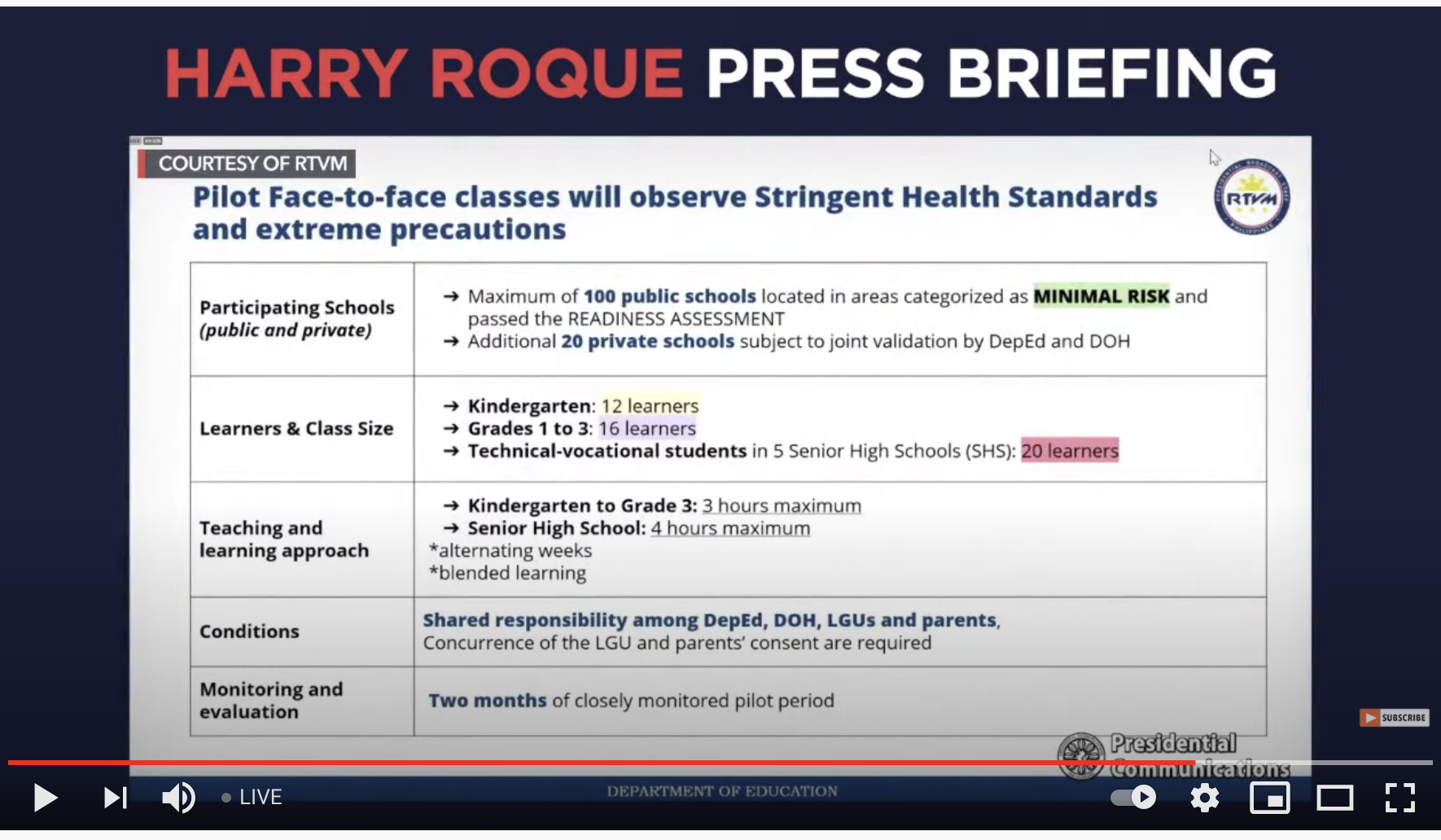
When will it start?
The DepEd announced on October 6 that the pilot run of limited face-to-face classes will start on November 15.
The DepEd said that it will be implemented for two months and will be closely monitored for risk assessment.
Which schools will participate?
The pilot run covers a “maximum of 100 public schools in areas categorized as minimal risk” and that have “passed the readiness assessment,” and an additional 20 private schools jointly validated by the DepEd and the Department of Health (DOH).
“Kung safe ang pilot and if it is effective, then we will gradually increase the number of schools. Ang mahalaga, babantayan natin ang risk assessment. Kapag may pababago sa risk assessment, talagang ititigil natin,” Briones said.
(If the pilot run is safe and effective, then we will gradually increase the number of schools. What’s important is that we will monitor the risk assessment. If there will be changes in the risk assessment, we will stop the implementation.)
Check this page for the list of schools that have been allowed to conduct limited face-to-face classes. Rappler will update this page as new advisories come in.
Which grade levels will participate?
The pilot run of in-person classes will be participated in by the following grade levels in the schools nominated by the DepEd:
- Kindergarten: 12 students
- Grades 1 to 3: 16 students
- Technical vocational livelihood students in senior high school: 12 students
- Senior high school: 20 students
How will it be done?
The pilot run will be conducted as a combination of face-to-face classes in school and previous distance learning modalities. Kindergarten to Grade 3 students will only be in the classroom for a maximum of three hours. Meanwhile, senior high schools students will be in the classroom for a maximum of four hours.
The DepEd came up with the initial grade levels that will be included in the pilot run in coordination with local health experts and pediatric groups. Experts said that the effect of the Delta variant on children needs further studies, as symptoms of most Filipino children infected with COVID-19 remain to be mild.
The DepEd said that face-to-face classes shall be conducted half-day every other week, with participating schools “ensuring that class schedules are arranged equitably so that all qualified learners have the opportunity to attend face-to-face classes.”
For schools that are not included in the pilot run, the distance learning system will continue to be implemented. (READ: DepEd assures students of ‘better’ learning modules for school year 2021-2022)
If your school is included in the pilot run, can you opt out?
The DepEd said that participating schools “must have the written support and consent of parents of students who shall participate in the pilot.”
“No learner shall be forced to attend the pilot implementation of face-to-face classes,” the DepEd added.
The education secretary said that the pilot run of limited face-to-face classes is a “shared responsibility of the DepEd, DOH, with the approval of IATF, and the local government units themselves and the parents.”
Is COVID-19 vaccination required?
On September 27, the DepEd backpedaled on an earlier statement and said that COVID-19 vaccination is now required for teaching and non-teaching personnel who will participate in the pilot run.
Meanwhile, the DOH said that a regular, mandatory COVID-19 test for teachers is still not on the table.
Students will not be required to undergo COVID-19 testing, as the DepEd said the swabbing process could be “traumatic” for young children. The department also does not require face shields for any participants – whether students or teachers – nor does it require setting up plastic barriers inside classrooms.
Health Undersecretary Maria Rosario Vergeire said that the government is fully aware of the possibility of infections in schools.
“There are contingency plans that are being drafted already, and this will be a separate guideline from this joint circular by the DepEd and DOH just in case of infections that will happen,” Vergeire explained.
The pilot run was welcome news for parents and advocates who had been pushing for the safe reopening of schools as they believed that students were not learning much under the remote learning setup.
On December 2, the DepEd announced that 28 public schools in Metro Manila will join the pilot run beginning December 6.
Below is the joint circular on limited face-to-face classes crafted by DepEd and DOH:
– Rappler.com
Add a comment
How does this make you feel?
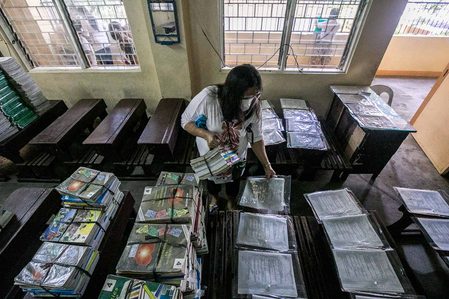
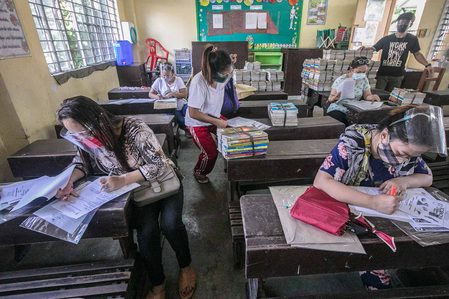

![[Rappler’s Best] US does propaganda? Of course.](https://www.rappler.com/tachyon/2024/06/US-does-propaganda-Of-course-june-17-2024.jpg?resize=257%2C257&crop=236px%2C0px%2C720px%2C720px)

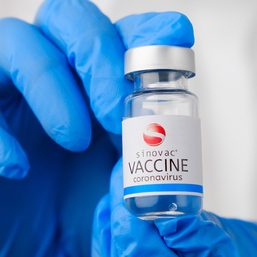

There are no comments yet. Add your comment to start the conversation.